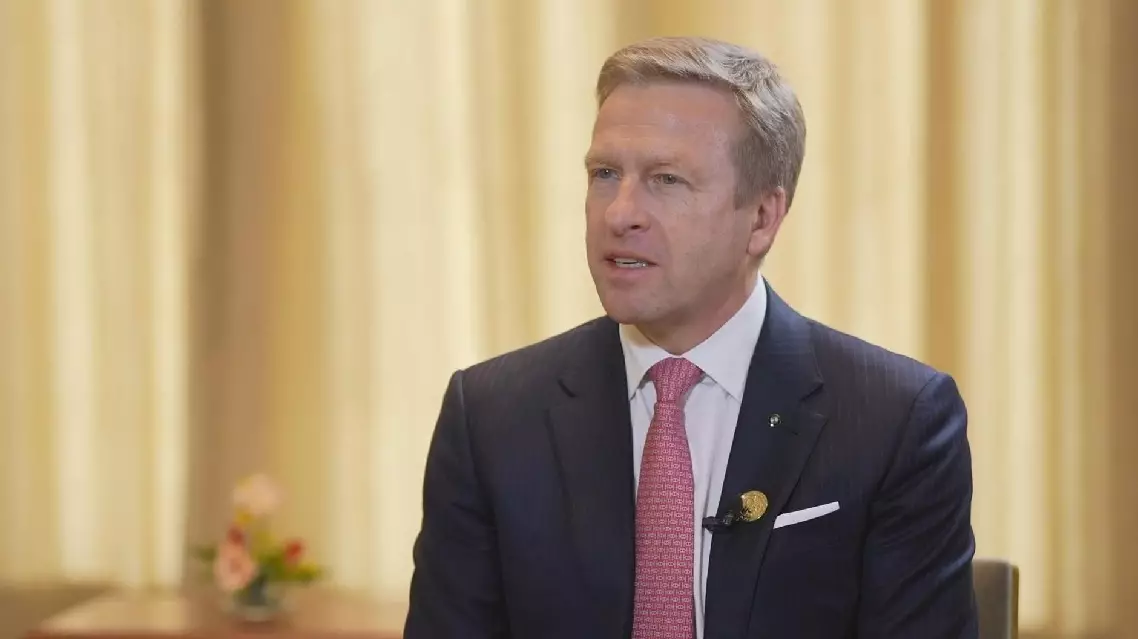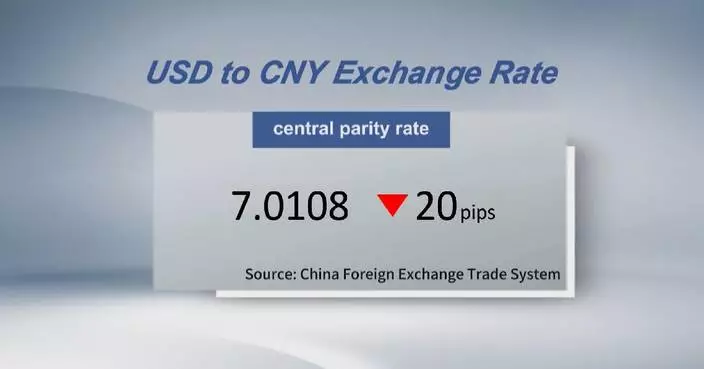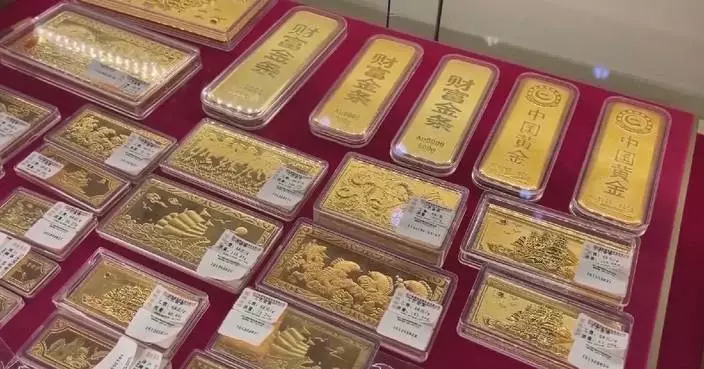China's commitment to high-quality development and an open economy is unlocking new growth avenues for global businesses, with multinational corporations increasingly tapping into the country's innovation-driven market, participants noted at the just-concluded China Development Forum 2025.
The China Development Forum (CDF), the first major international conference after China's Two Sessions this year, was held in Beijing on Sunday and Monday, attracting the wide attendance of international organizations as well as CEOs from over 80 multinational giants including Apple, BMW AG and AstraZeneca.
A total of 86 senior representatives from 21 countries attended, underscoring China's enduring appeal as a hub for investment and technological collaboration.
"And we see a tremendous amount of runway today, and we have almost 400 stores in this market in over 90 cities in China. And we see tremendous amount of growth potential in the future," said Joanne Crevoiserat, CEO of Tapestry Inc.
Many multinationals are expanding their research and development presence in China, drawn by its advanced digital infrastructure and skilled workforce.
"China provides many opportunities on the production side. In our plant in Shenyang, where we use more than 200 different AI applications already, that is not something new and that has been built up already since 2018. It's our most progressive plant in terms of AI," said Oliver Zipse, chairman of the board of management of BMW AG.
On the other hand, Chinese firms are increasingly exporting high-end manufacturing and clean energy solutions worldwide.
"Innovation and development bring not only opportunities, but also market size. In fact, we are basically filled with orders for wind power products this year, and the transfer of technology and equipment to the world is now in full swing. Companies in the field of electronic information, and artificial intelligence are connecting with us to build support systems for green electricity and zero-carbon energy," said Zhang Chuanwei, president of Mingyang Smart Energy Group.
Since the start of 2025, China has taken multi-pronged measures to stabilize foreign investment. In January, the country issued an action plan to stabilize foreign investment, as the country mulls expanding the scope of its opening-up pilot program this year, while related government agencies have helped resolve more than 500 issues for foreign-funded enterprises through roundtable meetings, according to the Chinese Ministry of Commerce.

Global firms eye vast opportunities in China's innovation-driven market









